Culinary & Hospitality Operations Management
This Culinary and Hospitality Operations Management diploma program is an intensive, 1000-hour course providing hands-on and theoretical training in classic and advanced culinary techniques, combined with information on establishing a restaurant business. Students also receive job search information and actual assistance in finding fulfilling employment.
Exclusive to New Castle College, Career Action Plan Services, (CAPS) has been developed to provide the maximum in assistance to students and graduates in launching their career in the culinary arts field. Our professional graduate services team guides you in making the right choices and decisions for your career.
2 Year Program [84 Weeks]
Credential: Diploma
PROGRAM LAYOUT
BUSINESS MANAGEMENT- Proprietorship
- Partnerships
- Limited Company
- Corporations
- Chains and Franchises
- Professional help: banker, accountant, lawyer, consultants, government, Services
- Basic mathematic calculations: percentages, averages
- Basic bookkeeping principles
PLANNING RESTAURANT MENU
- General menu requirements
- Menu presentation
- Effect of menu on decision making
- Menu design
- Menu merchandising
- Menu analysis
- Importance of site: general suitability, site specialists
- Visibility, Suitability, Accessibility
- Location Factors
LOCATION & EQUIPMENT
- Leasing: agreements, clauses, bare leases, net and gross, offer and acceptance, conditions, renewal options, buy-out options, interest
- Fixtures and equipment
- Rentals: fixed rental, variable rental, percentage of sales, percentage of profit
- Sale / Leaseback
- Rental Agents
- Architect and Contractors: leasehold ,improvements, blueprints, preliminary
FINANCIAL AND MARKET PLANNING WITH ANALYSIS
- Financial statements
- Balance sheets: assets, liabilities, equity
- Income statements
- Retained earnings
- Forecasting, budgeting and analysis
- Financing: equity financing, debt financing, interest, balloon payments, variable rate,lender competition, security, personal guarantees, guarantee release
- Cash receipts and disbursements, bank reconciliation’s
- Market Research, historical and with surveys
- Demographics of the region
- Customer Profiles and analyzing them
- Compiling data and softwares used







